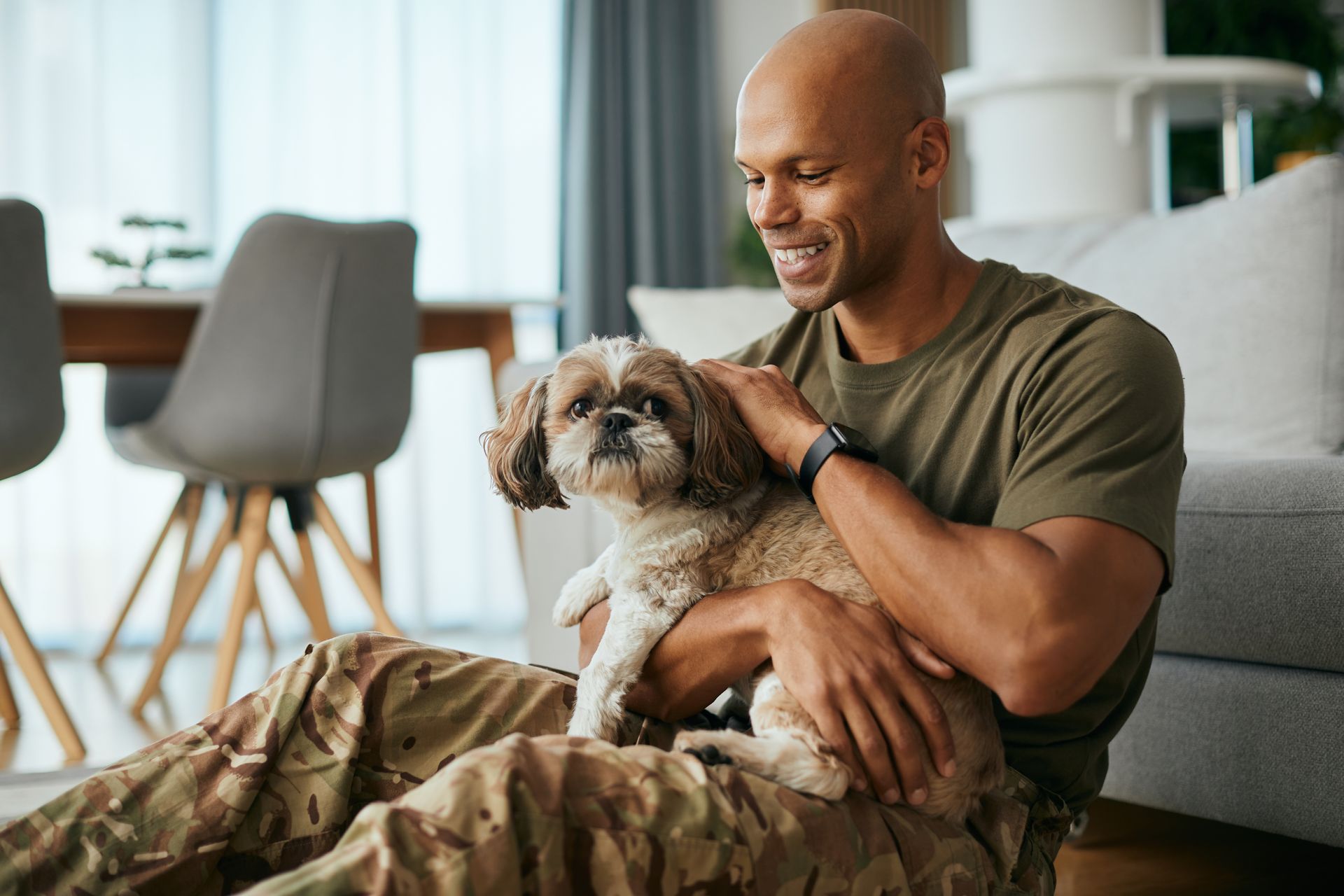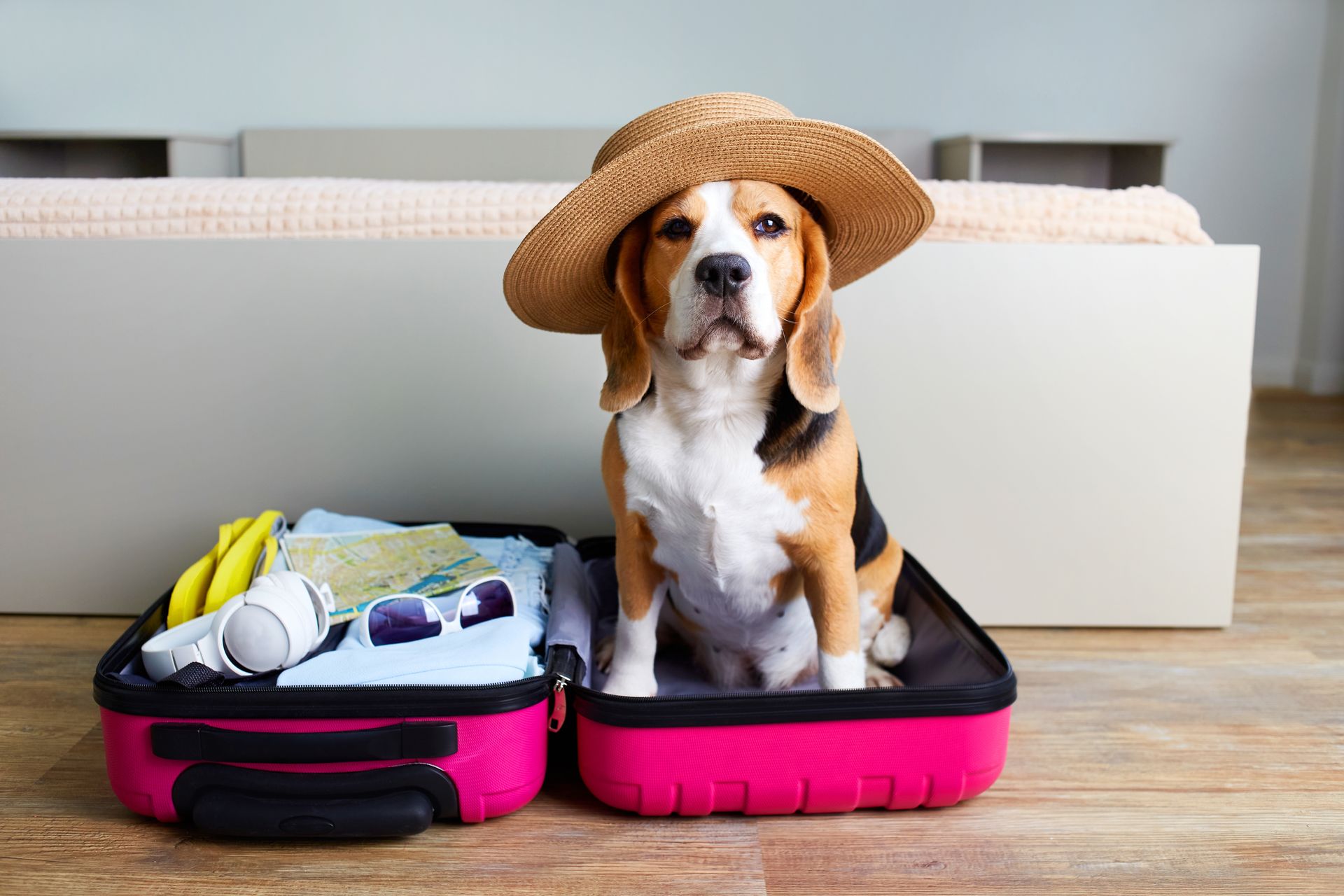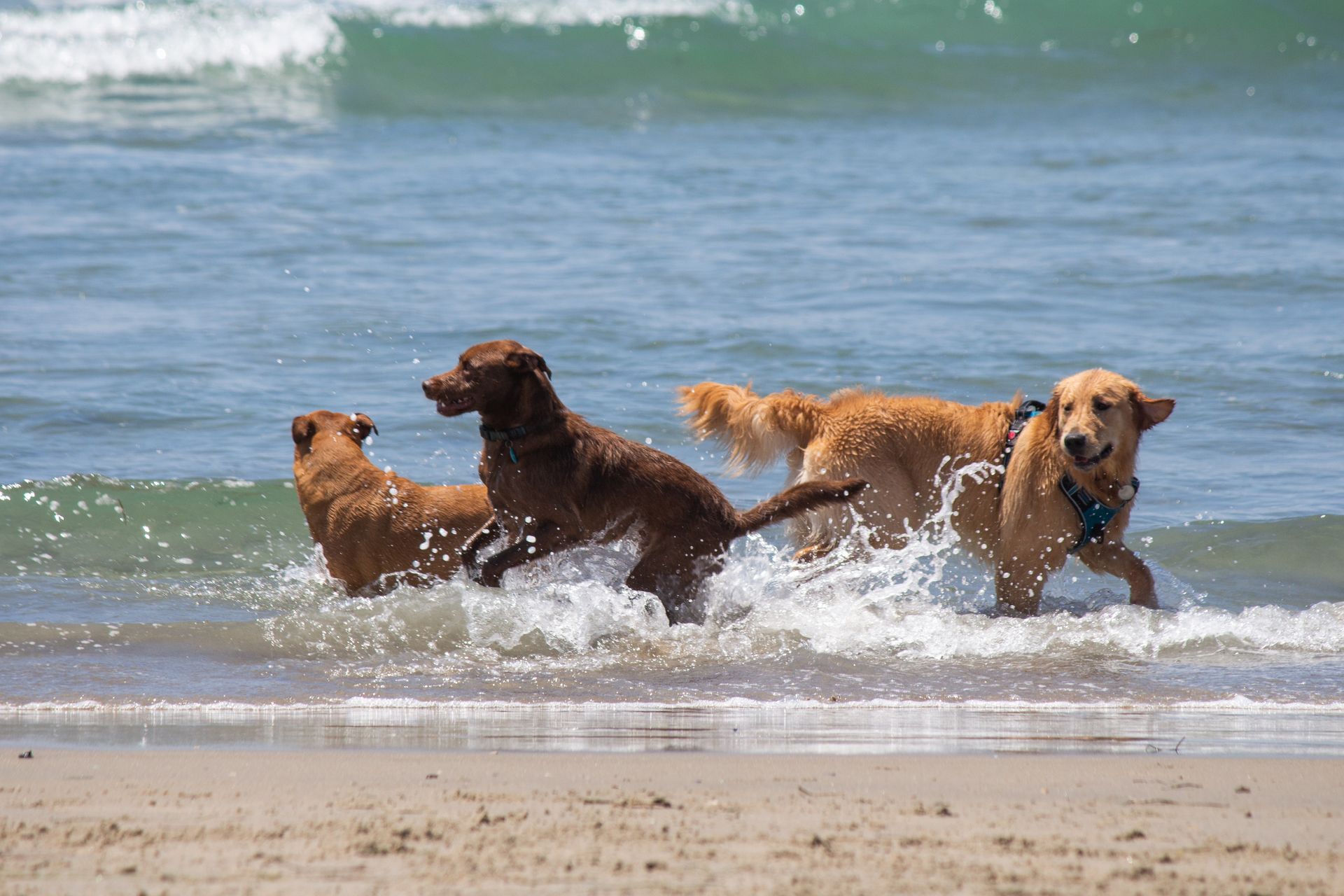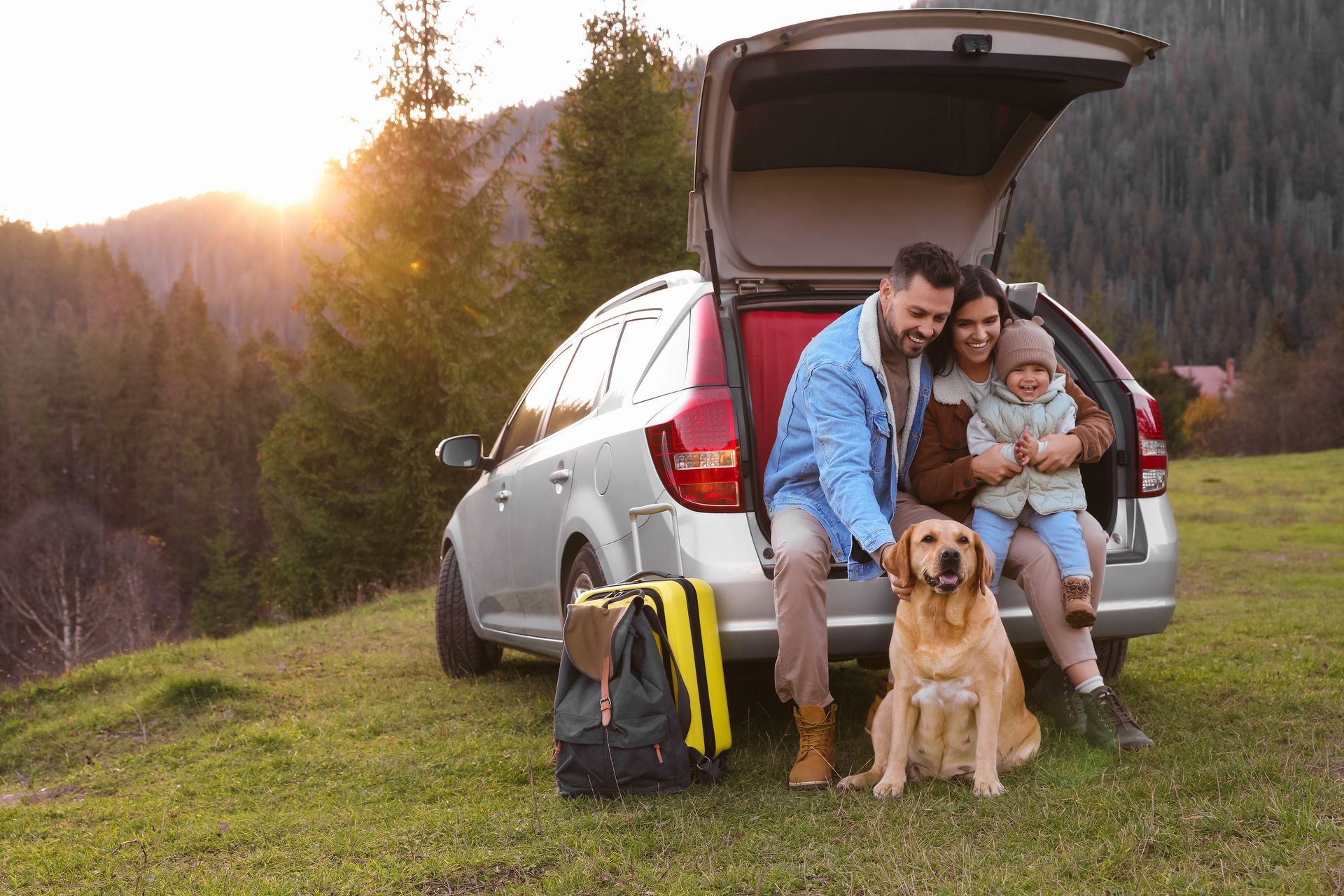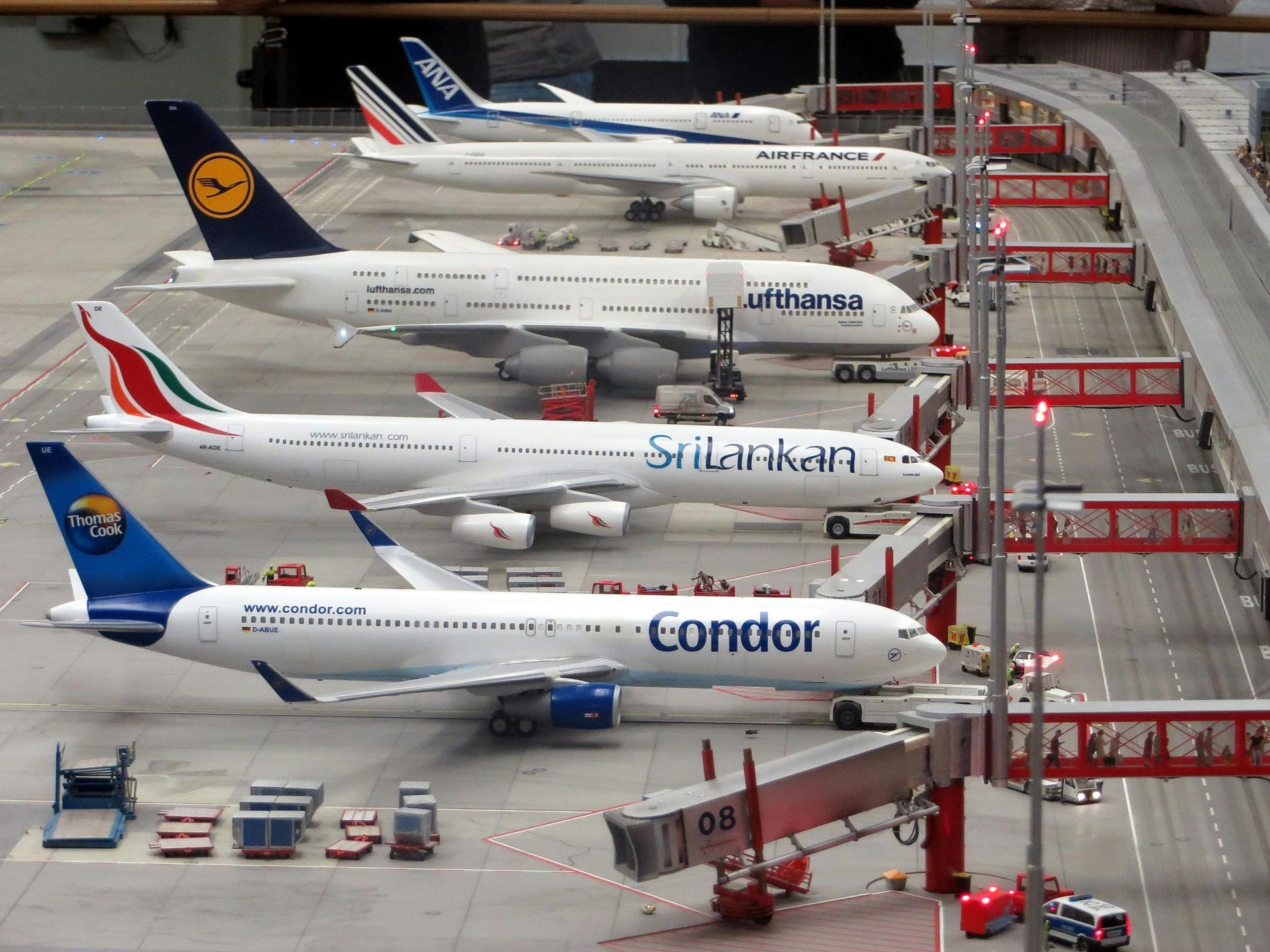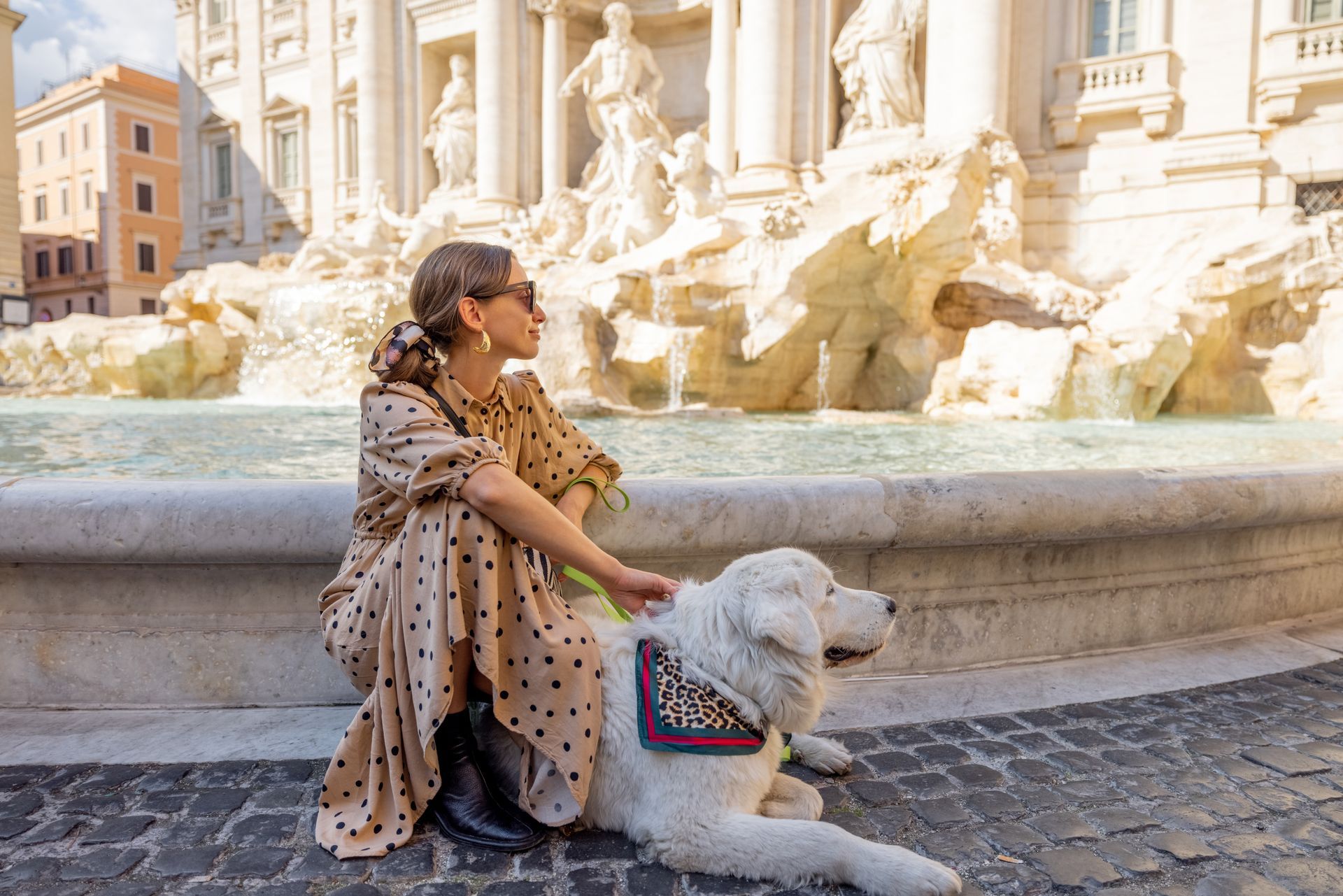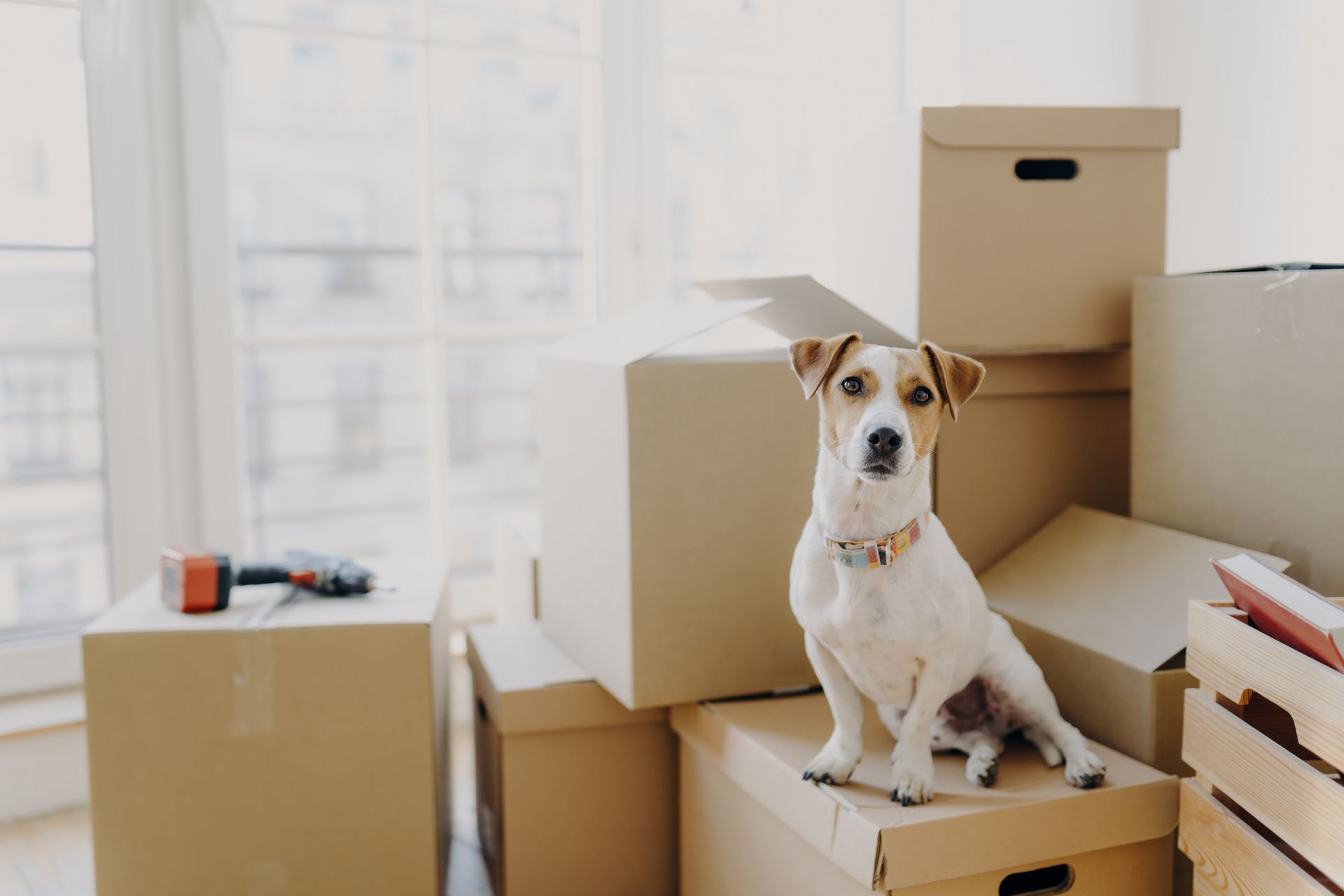Pet Travel: Excess Baggage vs. Cargo for Safety & Comfort
Pet Air Travel: Comprehensive Guide to Safe Transport Options
Pets can be transported in the aircraft cabin as excess baggage or as manifested cargo. The options available will depend on the airline, size/breed of pet, itinerary, and destination country.
Traveling as manifested cargo is considered a safer option overall. To be clear, pets travel in the cargo hold, regardless of whether they are traveling as cargo or checked baggage. The difference is in the holding and shipping protocols that are used. Pets traveling as checked baggage must be on the same flight as the accompanying passenger.
Many airlines have determined the logistics and risks that come with pets traveling as checked baggage was too high. In contrast, the tracking system and pet care services available with cargo travel tend to be more reliable and flexible to your pet's needs.
Despite all the fears about airline pet cargo travel, millions of pets are shipped yearly with few incidents. Manifested cargo is safer for pets to travel than excess baggage for shipping your pet. Contact your pet shipping specialist for more information on booking your pet as cargo.
Excess Baggage Pet Transport: Essential Information and Airline Pet Policies
FACTS ABOUT PET AIR TRAVEL AS EXCESS BAGGAGE
- Excess Baggage pets are only accepted when traveling with a passenger on the same flight - booked through the airline passenger reservation office at the time of passenger flight booking
- Airlines regulate which pets can be accepted as excess baggage and may have restrictions regarding size or breed
- Airline employees handle the pets and may not have the specific training required to handle live animals
- Pets are not tracked with an air wavbill number (as cargo pets are) so location of the pet is harder to determine
- Delays can mean that your pet is on the tarmac for extended times with the rest of the luggage
- Pets are subject to stricter temperature restrictions and breed restrictions due to pets moved with general luggage and exposed to longer times exposed to the elements on the tarmac
- Excess baggage pets are not transported in climate controlled vehicles are they are when being shipped as Manifested Cargo
- Cost is less expensive than shipping as manifested cargo - estimated $100-$200 per pet
- Some countries only allow pets to arrive as manifested cargo
- Many airlines will not allow pets to be booked as excess baggage, especially for international travel
Manifested Cargo Pet Shipping: Advantages of Choosing Professional Pet Shippers
FACTS ABOUT PET AIR TRAVEL AS MANIFESTED CARGO
- Manifested Cargo Pets travel unaccompanied and do not require a passenger on the same flight. This allows pet owners to better manage their own routing independent of their pet
- Cargo Pets travel in the baggage compartment of the aircraft in a climate controlled and pressurized area
- Pets traveling with "Pet Safe" airlines as manifested cargo are handled by employees that are specifically trained to handle live animals and ensure the safe transport of pets. The pets are given priority, transported in climate controlled vehicles to and from the aircraft, are loaded last on, first off and time on the tarmac during this process is limited
- Pets are tracked throughout their journey by their air waybill number
- Pets booked as manifested cargo is more expensive due to the higher level of standard care and the rates of "freight" vs "baggage" and is determine based on weight of crate and pet.
- Many airlines require a Professional Pet Shipper to book pets as manifested cargo to ensure that pets meet all airline and country requirements for import.
Continental Pet Relocation recommends booking pets as manifested cargo for the safest and least stressful way to transport your pet.
Safe Pet Travel Tips: Preparing Your Pet for Air Travel with IATA-Approved Crates
Visit to your veterinarian
A trip to the veterinarian prior to pet air travel is a very good idea. Unhealthy or very anxious pets should not be subjected to travel stress.
Choose your route carefully
It is always more stressful for a pet to be transferred to another plane. Select an airline that offers a non-stop route to your destination if possible. Also, remember that airlines do not interline pets. If you switch to another airline during stopovers, you must pick up and recheck your pet. This can be helpful during a long trip, but be sure and give yourself plenty of time between flights to walk and hydrate your pet. Additionally, if you are on an international flight and change airlines, you must clear customs and thus meet all appropriate requirements for entry to the layover country.
Select cooler times of year to travel
Avoid booking airline cargo travel for your cat or dog during periods of extreme temperature. Most airlines will not transport pets between mid-May and mid-September or when temperatures exceed 85 degrees F. The danger to your pet is not so much when they are in the air, it is before and during storing, loading and taxiing. This is for the safety of your pet.
Travel Crate
Pets traveling in the cargo hold or excess baggage must have an IATA-approved travel crate with adequate ventilation (all 4 sides for international travel), no wheels, metal hardware and no roof top ventilation. Certain breeds require a reinforced crate. 2 bowls are required to attach to the door, and we recommend freezing water in the bowls the night before travel. Size your pet's crate generously: The airline rules for pet air travel require that your pet be able to stand up erect and turn around in the crate. Click HERE for a guide on measuring your pet. We recommend acquiring your pet's travel crate well in advance to allow your pet time to acclimate to it before travel.
Sedation
It is against all airline regulations to sedate or tranquilize your pet prior to travel and they will be refused for travel. Sedatives compromise your pet's ability to stabilize themselves can increase the risk of heart and respiratory complications. An alternative may be a calming collar.
Airline Pet Policies: Understanding In-Cabin
Pet Requirements and Restrictions
To be accepted in the aircraft cabin, pets must fit underneath the airline seat in an airline-approved travel kennel, so this option is only available for small pets. Also, not all routes allow cabin travel (no matter how small your pet is), including many international routes. Many pet owners understandably think that keeping their pets in sight is always the best option, but the noise and chaos of the cabin can often be more stress-inducing to a pet than the more predictable cargo area. Service and Emotional Support Animals can be accepted but are regulated by the individual airlines and the US Department of Transportation. Contact the airline directly to inquire about their policies regarding ESA policies. Read more about travel policies for Service Animals or Emotional Support Animals HERE.
